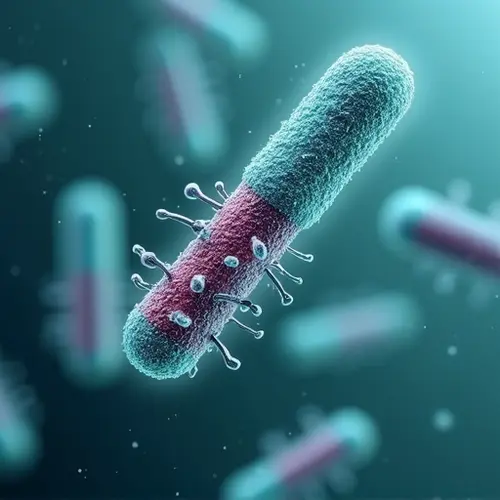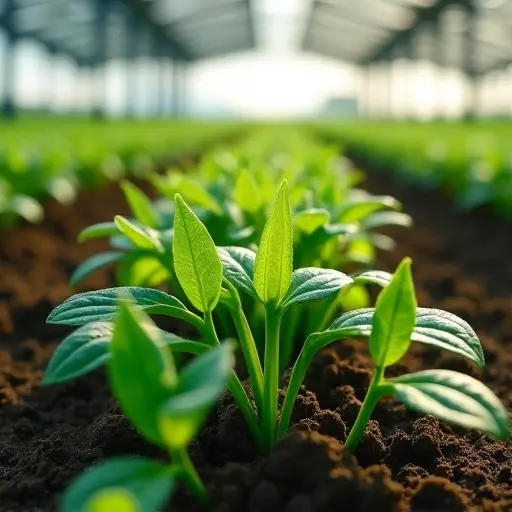
Historic Funding Pledge Against Superbugs
In a landmark decision, global health agencies have committed unprecedented funding to tackle the growing threat of antimicrobial resistance (AMR) at the 2025 Global Summit on Antibiotic Resistance. The summit, attended by WHO officials, pharmaceutical executives, and health ministers from 60+ nations, secured over $5 billion in pledges for research and development of new treatments.
The Silent Pandemic
Antimicrobial resistance causes nearly 5 million deaths annually, with common infections becoming untreatable. Bacteria evolve defenses against antibiotics due to overuse in healthcare and agriculture. "We're facing a post-antibiotic era where minor injuries could become fatal," warned WHO Director-General Dr. Tedros Adhanom Ghebreyesus.
Funding Breakdown
- $2.1 billion for rapid diagnostic tools
- $1.8 billion for novel antibiotic development
- $750 million for global surveillance networks
- $350 million for LMIC healthcare infrastructure
The Global Fund's Eighth Replenishment will allocate 15% specifically to AMR initiatives. Norway became the first nation to publicly commit, pledging $300 million over five years.
Innovation Pipeline
Pharma giants including Pfizer and GSK announced 12 new antibiotic candidates in Phase 3 trials. The summit also launched the Antimicrobial Acceleration Partnership - a collaboration between 30 research institutions to fast-track promising compounds.
"We're racing against bacterial evolution," said Dr. Sarah Jensen of the Berlin Charité Institute. "This funding could shorten drug development from 10 years to just 4."

 Nederlands
Nederlands
 English
English
 French
French
 Deutsch
Deutsch
 Espaniol
Espaniol
 Portugese
Portugese




